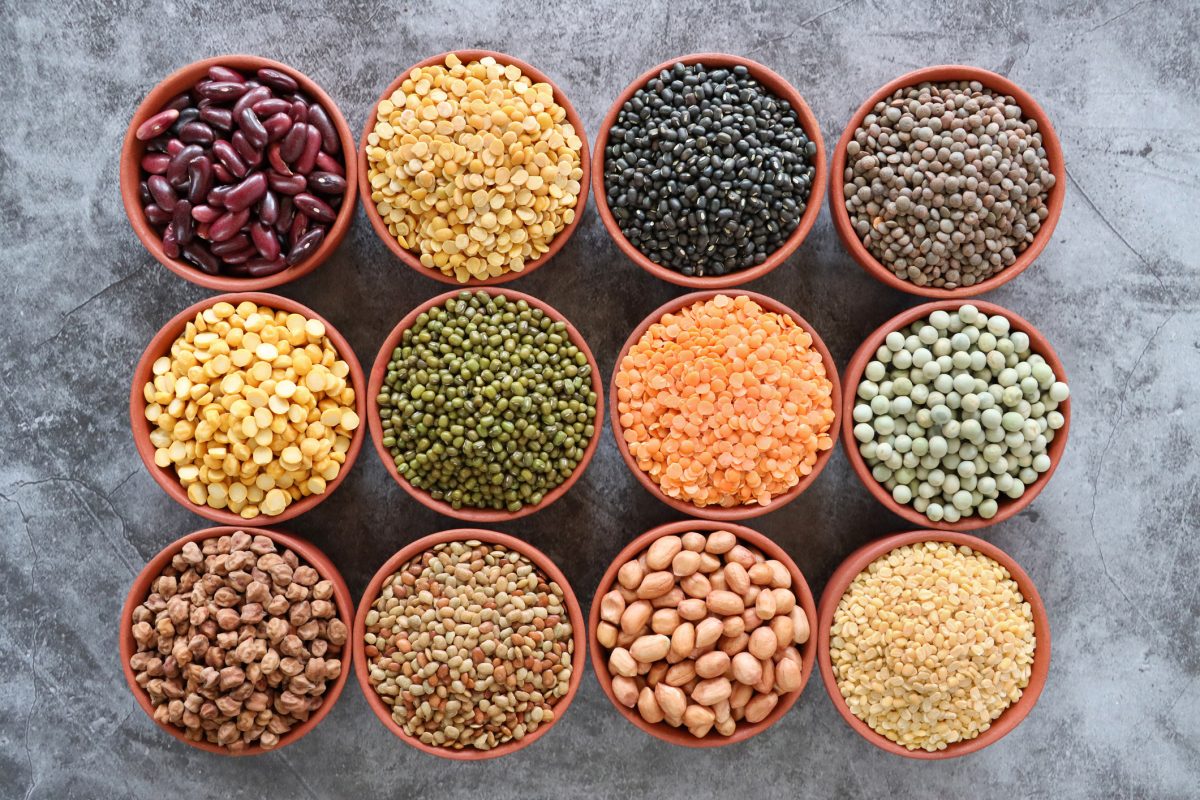Canada’s flax industry group will get an extra $3 million in federal funding for testing to help rid Canada’s flax supply of unwanted Triffid genetics.
Agriculture Minister Gerry Ritz on Friday pledged the funding from the five-year, $163 million Canadian Agricultural Adaptation Program (CAAP) for the Flax Council of Canada to “improve” its testing.
“This project will help maintain our access to the (European Union) market for our flax producers and ensure that their products continue to meet the highest industry standards,” Ritz said.
The CAAP funding, the government said, will help identify “any remaining genetically modified flax,” a reference to CDC Triffid, a GM flax variety that bred in Saskatchewan in the 1990s, was deregistered in 2001 and never commercialized, as the flax industry feared losing access to Europe if a GM flax were introduced.
Read Also

Pulse weekly: Canadian pea/lentil exports slow to start 2025/26
Canadian pea and lentil exports were down in November, with total movement of the two pulses during the 2025/26 (Aug/Jul) crop year-to-date running behind the year-ago pace, according to the latest international trade data from Statistics Canada released Jan. 29
But several countries closed their ports to Canadian flax in 2009 after a number of samples tested positive for markers of CDC Triffid, which were soon found to have made their way into some breeder seed.
The Flax Council’s planned testing regime, with CAAP’s backing, is expected to include flax breeder and certified seed sampling, as well as screening of commercial seed stock, rural delivery points, new-crop harvest and farm-saved seeds.
“This important investment will facilitate a significant enhancement to the effectiveness of GM testing under the Flax Council’s ‘Flax Stewardship Program,’ which is a critical element of maintaining access for Canadian flax to the EU marketplace,” Terry James, chair of the Winnipeg-based council, said in the government’s release.
Friday’s announcement marks a second round of CAAP funding this year for the Flax Council, which in February got a pledge of up to $1.9 million to work on its sampling and testing methods for GM flax.
The earlier support was meant to “assist in the industry in responding to the challenges it is experiencing in the (European) marketplace.”














